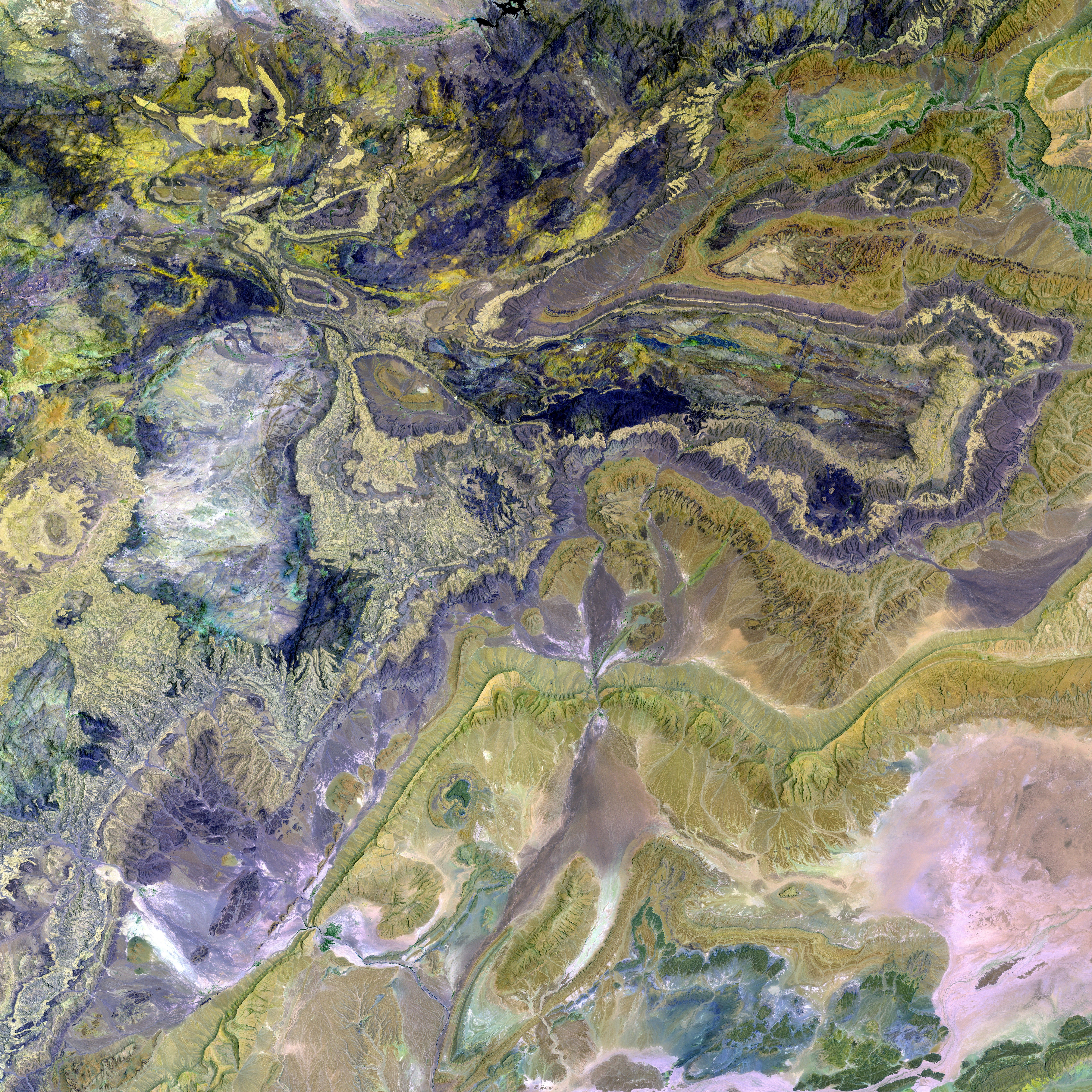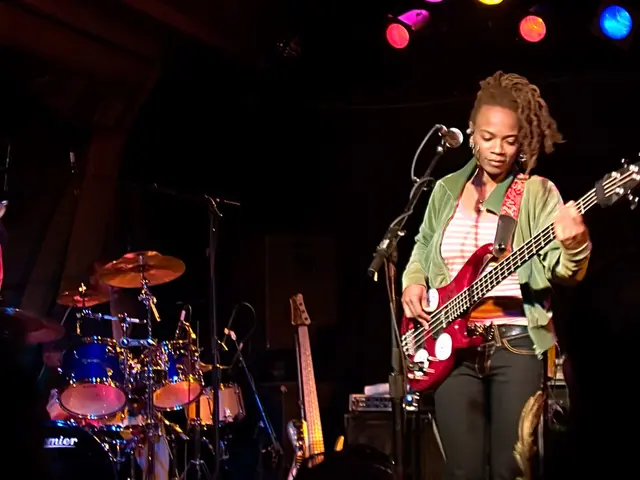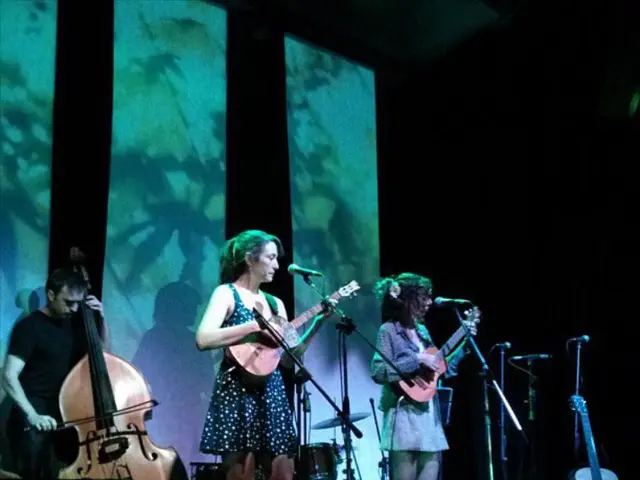Analyzing Slang Terms in English Rap Songs Lyrics
In the realm of popular music, particularly English-language music, lyrics often incorporate casual vernacular. Often, these slang terms add vigor, authenticity, and emotion to tunes, empowering artists to forge deeper connections with their fans. However, the same slang can perplex or even dissuade listeners unfamiliar with the meaning, whether they hail from diverse cultural backgrounds or are simply uninitiated to specific subcultures or the ever-evolving colloquialisms.
Delving into the world of slang in English music, this piece uncovers its roots, definitions, and impact on both artist and audience.
Music has long been a vessel for slang, contributing to and mirroring societal trends. In the jazz era, "cool cats" emerged, while the hip-hop revolution embraced terms such as "dawgs" and "bling." These expressions have significantly shaped how performers articulate themselves, imbuing tunes with immediacy and intimacy. Moreover, as music traverses borders, the slang laced into lyrics reaches far and wide, introducing foreign listeners to new cultural developments and fostering global dialogues[1].
Slang's essential role lies in providing expression that transcends the boundaries of standard language. It reveals the artist's backdrop and idiosyncratic flair while resonating with fans who consider authenticity a pivotal aspect of artistic expression. For many musicians, employing slang is synonymous with authenticity, shunning the embellishments typical of more polished speech[1]. Consequently, listeners feel a more profound sense of engagement and realism in the music they hear.
Furthermore, slang's importance is paramount for genres such as hip-hop, rap, and R&B, where wordplay and verbal dexterity are highly valued. For instance, terms like "crunk" or "lit"-emerging from American hip-hop culture- encapsulate entire atmospheres or sentiments that transcend mere description [1]. The versatility of slang allows it to evolve and adapt, making it an integral part of the ongoing language that reflects the zeitgeist or a collective cultural ethos[1].
Tracing the origins of slang in music, we find it linked to various eras and cultural movements. The 1920s saw the jazz scene pulsating with "hep" and "gig," reflecting the scene's creative vigor and departure from traditional norms [2]. The 1960s and '70s brought forth "groovy" and "far-out," echoing the liberated and experimental spirit of those times. The 1980s and '90s witnessed urban landscapes giving rise to hip-hop, yielding a plethora of slang terms that boasted street credibility and the relentless hustle. Today, these words have permeated mainstream media, revealing an enduring legacy that transcends geographic borders[1].
To derive a more profound appreciation of musical slang, grasping several common terms can be invaluable. For example, deeming something "dope" involves more than a cylindrical object-it connotes excellence or extraordinary quality, often employed in hip-hop tracks to hype up beats or styles[2]. "Flex," meaning to show off or boast, is typically observed within rap tracks, employed to describe ostentatious displays of success or material wealth[1]. Many expressions stem from the streets, such as "homie" and "whip," reinforcing the artist's identity with urban roots[2]. Similarly, phrases like "on fleek" resurrect and modify traditional syntax, fitting seamlessly within the contemporary vernacular, often describing an exceptional execution or styling[1].
Understanding these terms necessitates awareness of their socio-linguistic context. Often, these words originate from marginalized communities, capturing experiences and expressions unsuitable for formal language. As they gain popularity through music, they bring attention to those unheard stories, adding another layer of cultural exchange to their interpretations[2].
The internationalization of music has facilitated the dissemination of slang, with English-language music-laden with colloquialisms-standing as a significant cultural export. As a result, listeners around the world encounter slang within lyrics more frequently than ever. For instance, "YOLO"-(you only live once)-has transcended English-speaking borders largely due to its presence in music and social media[1]. This cross-cultural exchange highlights slang's role as a lingua franca bridging linguistic and geographical divides, but it also raises questions concerning cultural appropriation and the commodification of minority languages within the expanded international market[2].
Despite its enriching ability to connect people, slang can occasionally lead to misunderstandings, particularly when listeners aren't privy to its nuances. The complexity of usage often means that slang loses its intended meaning when directly translated, leading to potential confusions or misinterpretations[2].
Generational divides further complicate the misinterpretation of musical slang. Older adults may find slang-laden music perplexing or fleeting, while younger audiences appreciate it as a reflection of reality[2]. Moreover, language consistently evolves, confounding attempts to reliably pin down slang words' meanings. Remaining cognizant of current usage is instrumental for accurate interpretation[2].
The delicate balance between artistic expression and language norms is often disrupted by slang in music lyrics. Critics argue that excessive use of slang might degrade language purity and lead to linguistic degeneration[2]. However, artists defend its artistic utility by claiming that such words and phrases allow for self-expression and innovation[2]. Artistry in music flourishes on boundaries' breaching, and slang becomes an instrument-a form of rebellion against formal language's conventionality-ensuring space for individual identity and cultural specifics[3].
In conclusion, deciphering slang in English music lyrics uncovers that these ephemeral terms amount to more than simple vernacular-they are conduits of cultural expression and unity. Slang's appearance in music serves manifold purposes, enabling artists to convey reality vividly while inviting listeners to interpret its meanings contextually[1][3]. It transcends linguistic barriers, broadening horizons and enabling collective experiences that resonate deeply across disparate communities[3].
Engaging with music and its evolving language reinforces the power of slang in storytelling and its narrative influence. As language continues to expand, music acts as a timeless medium of cultural evolution and expression, validating the transformative potential of art and the incessant evolution of language.
FAQs:
- What is slang, and why is it used in English music lyrics?
Slang is informal language used primarily by specific social groups, often subcultures or communities. In music, especially genres like hip-hop, rap, and pop, slang is frequently employed to evoke specific emotions, establish authenticity, and resonate with audiences. By incorporating slang, artists can express themselves more freely, honestly, and idiosyncratically, creating a connection with listeners who share similar backgrounds or cultural origins[1].
- How can non-native English speakers better understand slang in music lyrics?
For non-native speakers, understanding slang in music can be challenging but achievable. Familiarizing oneself with different types of music and their corresponding cultural backgrounds is crucial [1]. Utilizing resources such as online dictionaries, music-related websites, forums, or language exchange communities can provide valuable explanations and contexts for slang phrases found in song lyrics [2]. Engaging with native speakers or fans of the music can also offer insights into both the slang and its usage.
- Why does slang change so frequently, and how does this affect music lyrics?
Slang evolves rapidly due to several factors, including technological advancements, shifts in societal norms, and the merging of diverse cultures in increasingly globalized societies. The rise of social media and digital communication platforms has accelerated this process. Since music reflects culture and often comments on current events, it adopts and adapts to rapidly changing slang quickly[1]. For listeners, staying attuned to new trends and being open to learning can ensure that the meanings of slang terms remain clear.
- How do music artists balance authenticity with accessibility when using slang?
Artists often walk a fine line between retaining their cultural roots and ensuring their music remains accessible. They may combine identifiable slang terms with more broadly understood language, providing a balanced mix that resonates with various audiences[1]. Utilizing hooks or choruses to distill the essence of a song in straightforward, relatable terms while exploring more specific, culturally-rich language in verses is common[1].
- What role do music producers and songwriters play in the use of slang in lyrics?
Producers and songwriters play integral roles in crafting the lyric content of songs. Producers, with their finger on the pulse of popular musical trends, may guide or suggest the use of certain slang that fits the desired vibe or genre[2]. Songwriters, bringing their experiences and influences to the creative process, weave slang into narratives that align with the artist's identity and story[2]. The collaboration between producers, songwriters, and artists facilitates a creative environment where slang can be skillfully incorporated to enrich the storytelling in music.
References:
[1] Entropy Magazine. (2020, March 18). Understanding Slang in Music: The Role, History, and Use of Cultural Lingo. Entropy Magazine. https://entropymag.org/2020/03/18/understanding-slang-in-music-the-role-history-and-use-of-cultural-lingo/
[2] Milford, L. (2019, September 9). The Aztec history behind the word 'Taco'. TED-Ed. https://ed.ted.com/lessons/the-aztec-history-behind-the-word-taco-louise-milford
[3] Neff, K. M. (2020). Language, Race, and the USA’s Emergence as a Multilingual Nation. Blackwell Publishing. Blackwell.
[4] Stone, N. (2019, July 31). From dope to slim: The origins of English rap slang. BBC. https://www.bbc.com/culture/article/20190626-from-dope-to-slim-the-origins-of-english-rap-slang
- In the realm of music, slang serves as a potent conduit for conveying cultural expression and fostering connections, ranging from fashion-and-beauty terminology and the colloquialisms of hip-hop to educational self-development phrases and entertainment lingo.
- The versatility of slang in music has allowed it to persistently evolve and adapt, transcending geographical borders and bridging linguistic divides, establish a lingua franca, and contribute to global discussions in education-and-self-development, entertainment, and beyond.







